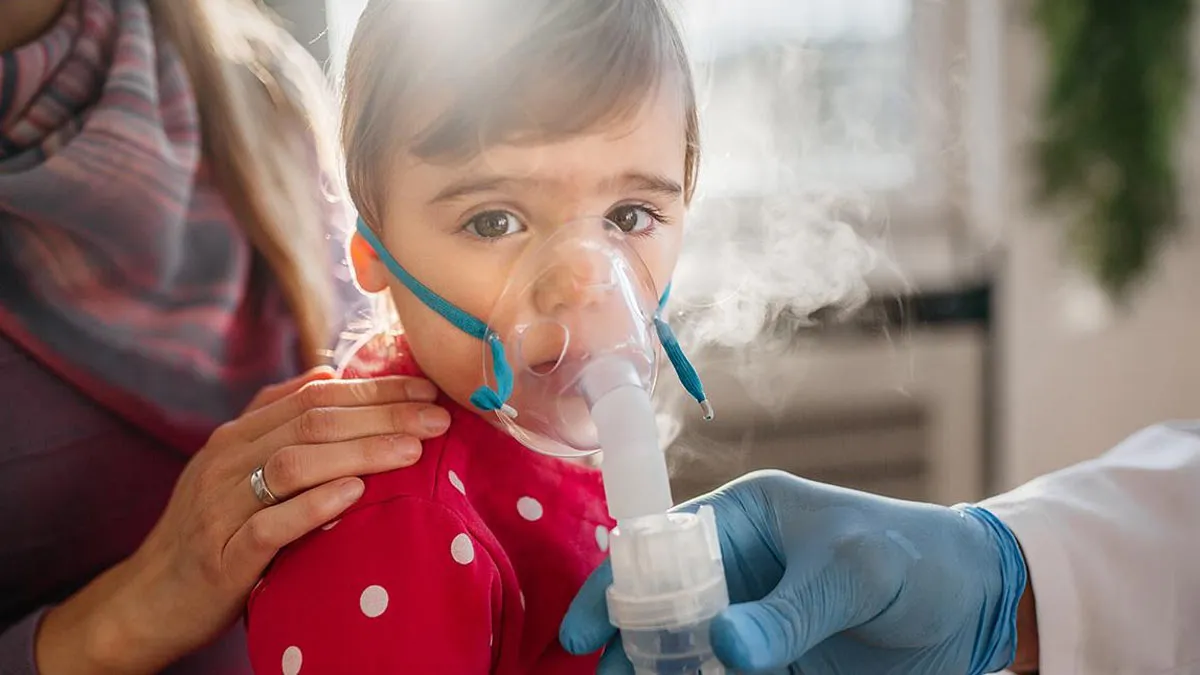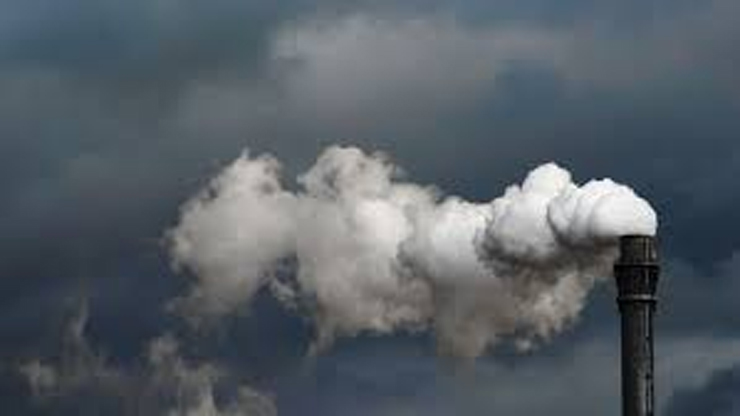
As pollution levels continue to rise, particularly in urban areas like Delhi-NCR, the impact on children's health is becoming increasingly evident. Reports indicate a concerning increase in the use of nebulizers among young patients, driven by respiratory issues exacerbated by environmental factors. Medical professionals are sounding the alarm, emphasizing the need for proactive measures to safeguard the health of children.
Table of Content:-
The Growing Challenge of Respiratory Conditions
Take the case of Rubaab, an 8-year-old student from Noida, who has been dependent on a nebulizer since early childhood. The device transforms liquid medication into a fine mist that can be inhaled to alleviate breathing difficulties. As Rubaab meticulously prepares his nebulizer, he expresses the frustration many children face: “I have used the nebulizer a billion times. The doctor says I can’t go out to play, and I have to sit at home and nebulize.” He suffers from croup, a serious respiratory condition characterized by a harsh, wheezing cough and inflammation of the airways.

Croup often worsens in winter months, as smog blankets cities, especially in regions prone to pollution spikes due to agricultural burning and other factors. This environmental crisis not only restricts outdoor activities for children like Rubaab but also raises significant health concerns.
A Mother’s Worries
Radhika Bhagat, Rubaab's mother, articulates the anxiety shared by many parents in polluted urban environments. "He has been using the nebulizer since he was a kid; it’s not an easy situation for the child," she remarks. Radhika, who grew up in Delhi, recalls a time when such health issues were not as prevalent. Her longing for improved pollution control measures reflects a broader societal demand for change.
Also Read: High Air Pollution Alert: Toxic Smog Linked To Stroke And Lasting Brain Damage
"We've all experienced initiatives like the odd-even rule, which help reduce pollution. But we need stricter enforcement of pollution norms," she states. Radhika's perspective underscores the urgent need for actionable solutions to ensure that children can breathe easier and enjoy their childhoods without constant medical intervention.
Medical Insights on Increasing Nebulizer Use
Dr Deepak Yadav, Rubaab's paediatrician, provides insight into the alarming trend of rising nebulizer use. "Children's respiratory systems are far more vulnerable than adults," he explains. "Pollutants in the air, particularly during seasonal changes, exacerbate existing conditions like bronchial asthma and lead to a spike in respiratory illnesses."
The data is revealing: over the past two years, the demand for nebulization treatments in children has surged by approximately 12-15%. This increase coincides with a rise in lung and throat infections, which often necessitate the use of antibiotics and bronchodilators.
The Role of Nebulizers in Managing Respiratory Issues
With the growing need for nebulizers, medical professionals are emphasizing the importance of responsible use. Experts advocate for parents to consult with healthcare providers before using nebulizers at home. The health ministry has issued guidelines for families, urging children with respiratory conditions to limit outdoor activities during peak pollution hours. Parents are encouraged to create a safe indoor environment to minimize exposure to pollutants, thus alleviating symptoms and preventing exacerbation of existing conditions.
Also Read: New Stroke Prevention Guidelines Emphasize Power Of Lifestyle Changes
Bottomline: A Call for Action
As urban pollution continues to pose a significant threat to the health of children, the rise in nebulizer use serves as a stark reminder of the challenges families face in polluted cities. Medical experts stress the importance of protective measures and public health policies that prioritize clean air and healthy living conditions.
With winter approaching and pollution levels expected to escalate, the urgency for community awareness and government intervention has never been more critical. Rubaab and countless other children should not have to rely on nebulizers as a primary means of managing their health; instead, they should be able to enjoy their childhoods free from the burdens of pollution-induced ailments. It’s time for collective action to create a healthier future for the next generation.
How we keep this article up to date:
We work with experts and keep a close eye on the latest in health and wellness. Whenever there is a new research or helpful information, we update our articles with accurate and useful advice.
Current Version